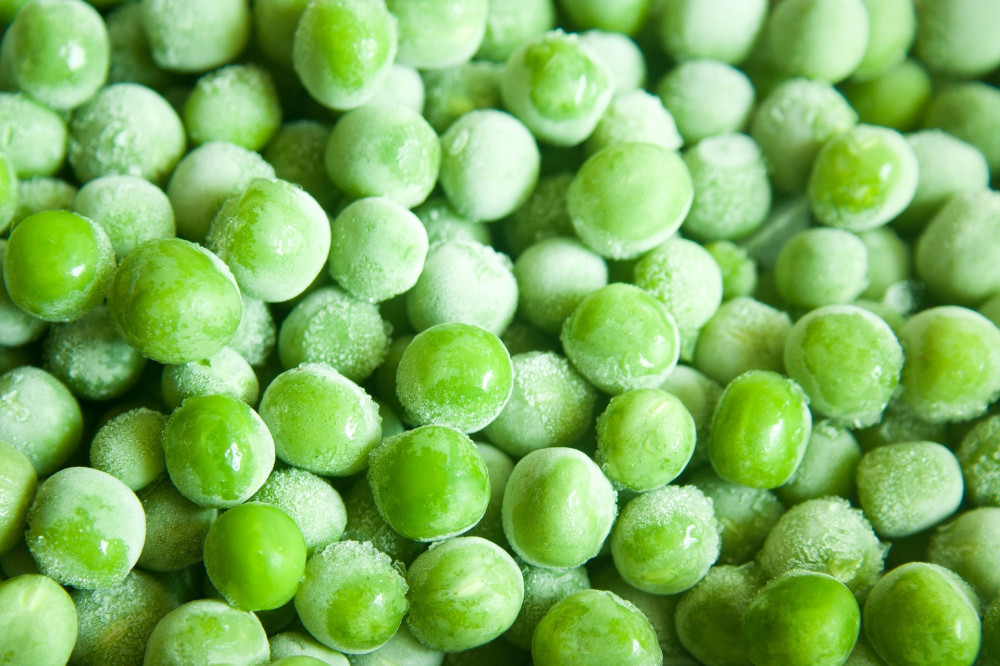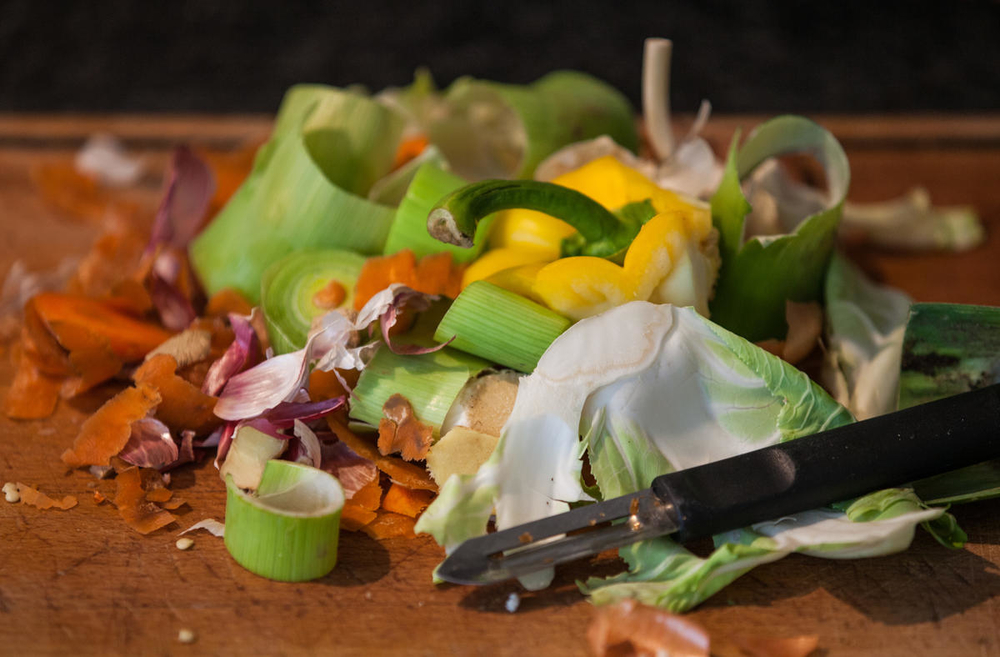We already know that a lot of waste happens in food businesses. At the same time, the report revealed that farms are actually one of the most overlooked pieces of the food waste stream. But we should not forget to add to the list our very own kitchens, where we have the power to make an immediate change.
So let us inspire you with several simple steps proposed by WWF on how we can be food waste heroes at home:
Push the limit of your ingredients. You can reinvigorate some veggies, like lettuce, with a quick ice water bath. Are bananas going brown? Peel them and toss them in a container in the freezer to use later for baked goods or smoothies. Overcooked leftovers, wilted, or ugly produce are all prime ingredients for hearty soups and stews.
Trust your senses on 'best before.' Most food is safe to eat a lot longer than we think—for fresh and canned goods. Most expiration dates have nothing to do with safety and, depending on the kind of item, many foods are still safe to eat days, weeks, or months after confusing "best by," "sell by," and "best before" labels. Most of the time, trust your senses to know when food has gone bad or you can search the FoodKeeper App to learn more about food freshness and storage options.
Ready, set, freeze! You can freeze almost anything—eggs, meats, produce, sauces—whether you just brought it home, or already cooked it. Keep containers tight and leave a little room for liquids. Freeze in portions for easy access, and date and label so you don't forget what's what. While it's a bit of extra work upfront, freezing will save you loads of cooking, prep, and even shopping time later down the line. And you'll save money if you use everything you buy.

© PDPics from Pixabay
Share if you can. We've seen how everyone is coming together to make a difference. Of course, we should only buy what we need. But we can also get creative and share recipes with friends, family, and strangers to make sure we don't waste an ounce. And if you have extra food, reach out to others who might not or donate to a food bank. We can take care of those around us.
Be naturally curious. Food is at the heart of many environmental issues. But changing what we eat can make a major contribution to the environmental performance of the food system. Learn more about how you can shop smarter and eat more sustainably to help protect nature. (Link to Livewell principles article).

Left over food is disposed of separately from plastics and other waste © Elizabeth Dalziel / WWF-UK


